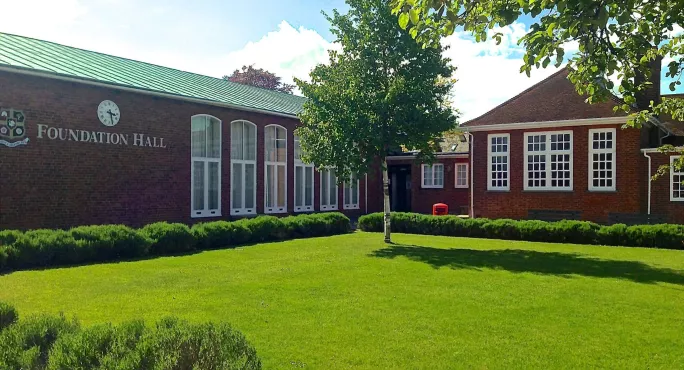Minutes of a meeting that grammar schools tried to keep secret show that academic selection has a “systematic bias against disadvantaged children”, according to campaigners.
The minutes, from a meeting of headteachers from the Buckinghamshire Grammar Schools (TBGS) consortium, were among those obtained by campaigners through a lengthy legal process, including a freedom of information request that was appealed at both the Information Commissioner’s Office and at a tribunal.
The document includes statistics relating to Year 6 free-school-meal (FSM) candidates in 2013 showing that only one of the 22 candidates who were borderline (in that they had achieved a level 5, yet still did not qualify for a grammar school place) went to a selection review panel (SRP).
The panels, which are conducted at the parents’ request, are made up of headteachers and are seen as a “fair hearing” at which parents can argue their case in writing as to why their child should still attend a grammar school.
Expansion: DfE offers support for grammars wanting to set up satellite sites
Profile: The man who thinks grammar schools are the answer
Funding: DfE announces £200m fund for grammar school expansion
Campaigner Rebecca Hickman, from the Local Equal Excellent group, said: “This confirms a widely held concern, which is that many parents of high-ability disadvantaged children don’t engage with the system.
“There was no reason [for TBGS] to redact this minute other than to save themselves the embarrassment of revealing grammar schools’ own concerns about the systemic bias against disadvantaged children in the 11-plus.”
She added: “I wouldn’t see it as a parental failing that the other 21 did not appeal to the SRP. The availability of opportunity in our state education system is not supposed to depend on the degree of parental engagement. Every one of those high-ability children should be guaranteed a fair hearing of their case by the system.”
The consortium is made of 13 grammar schools, but just “three or four” were “making an effort to attract FSM children”, according to the minutes from the meeting, held at Aylesbury High School on 15 January 2014.
They record one headteacher as saying: “More should be done to get FSM children into grammar schools and possibly assistance should be given to primary schools.” However, the minutes also state that “All [present] felt this was only possible if the primary school was willing to do this, and not all are.”
The same head also said: “There must be a collective effort from all 13 grammar schools to attract FSM children and that it must not fall to three or four schools, particularly those in the Wycombe are.”
The minutes show data from a report stating that “only one of the 22 [FSM pupils] who achieved level 5, but did not qualify for a grammar school place, went to the selection review”.
The year before the meeting, TBGS had made the national news for introducing a “tutorproof” 11-plus test that it claimed would prevent pupils from more privileged backgrounds gaining entry by means of extensive coaching from private tutors.
But tutoring still exists, according to campaigners, who say it is possibly the main reason that currently only 7.5 per cent of FSM-claiming children in Buckinghamshire pass the 11-plus compared with about a third of all the county’s children.
Campaigner Neal Skipper, who made the original freedom of information request for the minutes to be made public, said: “The tests are coachable. There have been numerous attempts and claims to make the tests ‘tutorproof’, but these all seem to have failed.”
TBGS was contacted for a comment.




